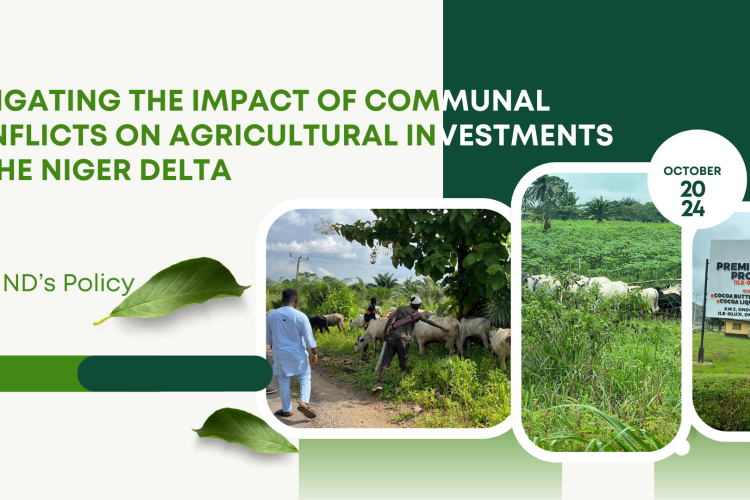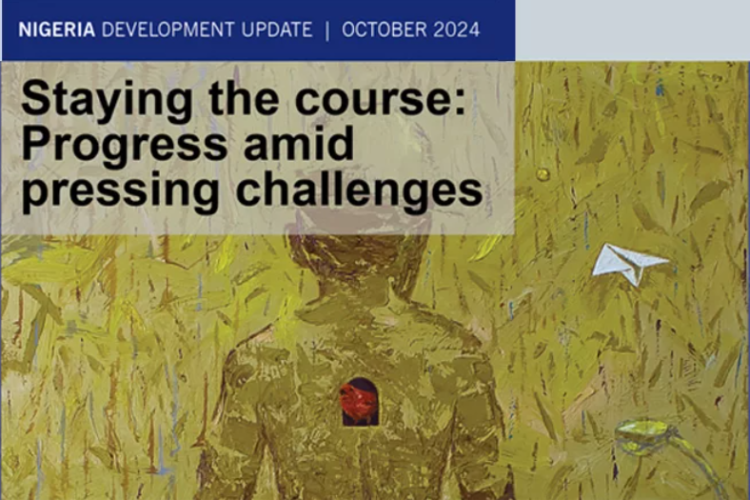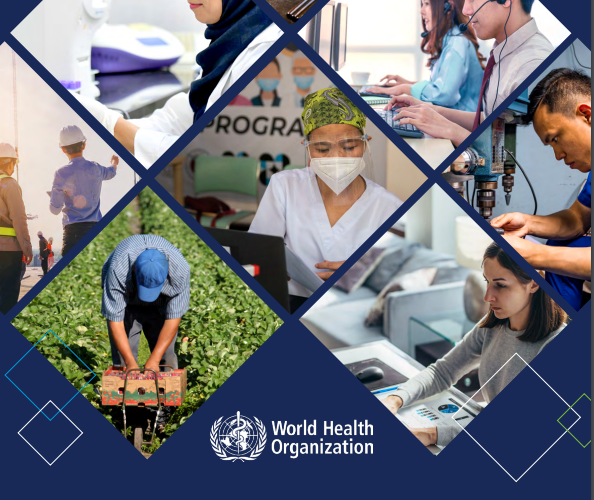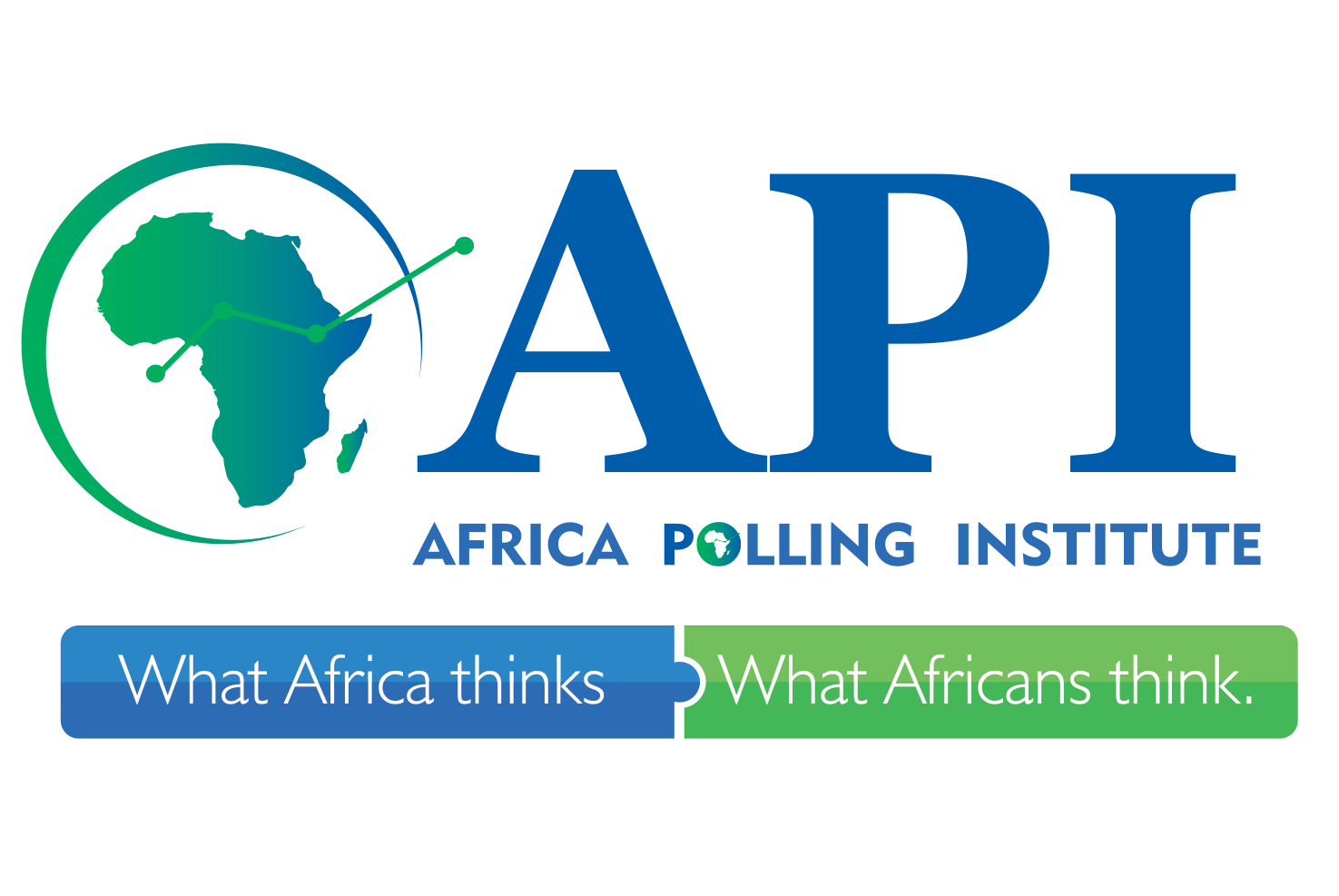
Apply: Social Cohesion Research Fellow at API
January 24, 2022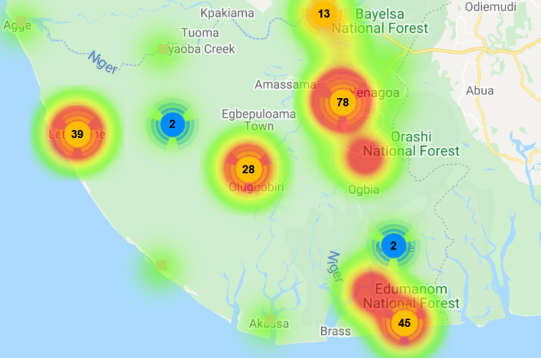
Sea Robbery and Kidnapping in Bayelsa State | January 30 – February 05, 2022
February 4, 2022
Nigeria’s economic progress can be likened to that of an athlete with the potential to become a star. This assertion speaks to the much-needed confidence in the country’s development prospects after evaluating its economic performance in 2021. The economy sustained its recovery momentum as the real Gross Domestic Product (GDP) expanded by an average of 3.2 percent in the first three quarters of the year. Reaping from the high growth in output, the inflation rate, after peaking at 18.2 percent in March 2021, moderated for most of the year and averaged at 17.0 percent in 2021. The exchange rate faced intense pressure, and the Central Bank of Nigeria (CBN) adopted the Investors’ and Exporters’ FX window to strengthen the local currency’s stability.
On the social aspect, unemployment and poverty worsened as economic growth remained non-inclusive. This situation, due to the weak linkages between economic growth and socio-economic indicators, threatens the country’s quest for development. Going into 2022, the year presents opportunities to initialize critical reforms to achieve a paradigm shift in governance and policy design in Nigeria. If we miss these opportunities for critical reforms, many of the challenges encountered in 2021 will become amplified, leading to an adverse impact on business productivity and citizens’ welfare.
.
.
.
Download below



